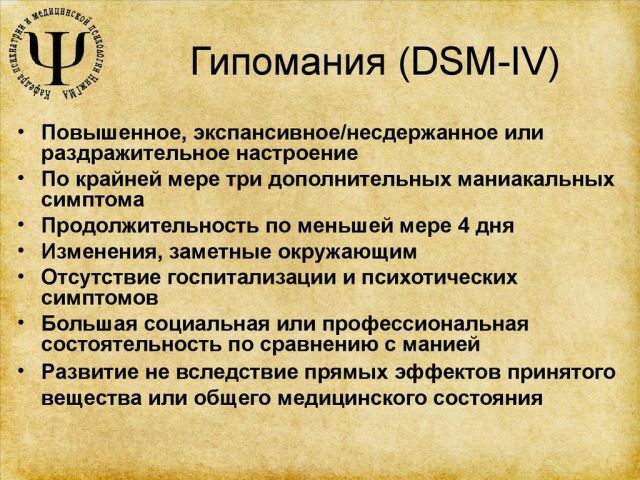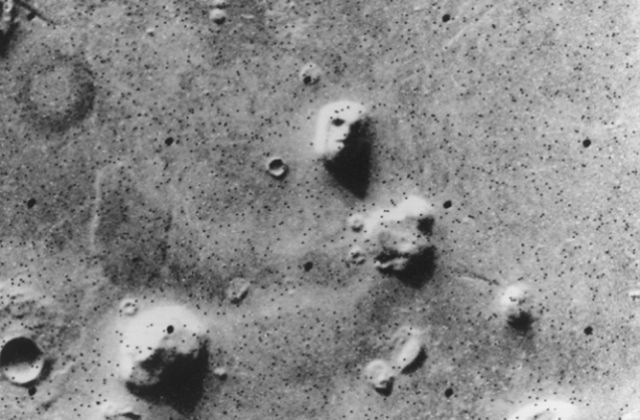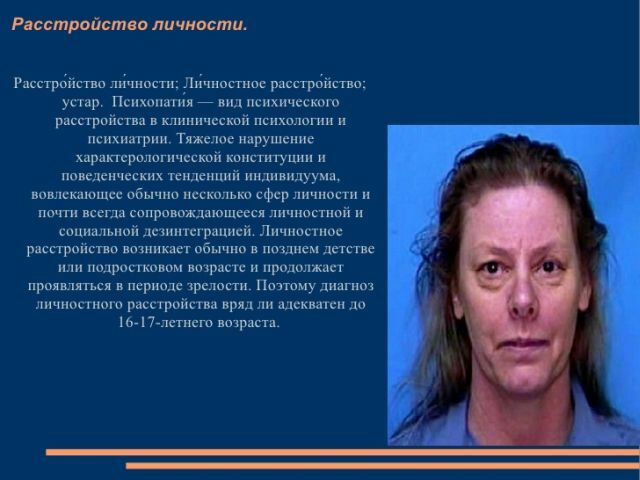 Agitation is a powerful emotional stimulation, in which a person feels fear and anxiety. This condition is aggravated by speech and motor impairment. The same fussy movements of the patient do unconsciously. Speaking in this state is extremely difficult, because consciousness is in a stupor, and the ability to reason and think logically is reduced to zero.
Agitation is a powerful emotional stimulation, in which a person feels fear and anxiety. This condition is aggravated by speech and motor impairment. The same fussy movements of the patient do unconsciously. Speaking in this state is extremely difficult, because consciousness is in a stupor, and the ability to reason and think logically is reduced to zero.
In addition, paleness of the skin, tachycardia, trembling in the hands and increased sweating are noted. Experts consider this condition to be pre-pathological within the limits of the norm, but in particularly stressful situations it can be seriously aggravated.
Agitated depression is a common type of depression, which involves alternating states of anguish and anxiety. A person can fall into despair, and after a few minutes give in to panic and unthinkable fear. This disorder is called agitated from the word "hype".
Plunging into anguish, the patient with disappointment thinks about the years of life, about the lost opportunities, that were uselessly spent. These thoughts increase self-confidence and self-flagellation. In a state of panic and agiotage, the patient, on the contrary, worries about further life.
The bright picture of the future does not develop in any way, and life seems to be finished, why obsessive suicidal thoughts appear. These two opposite states alternate with each other and in a closed circle "squeeze" the human psyche. To find the cause of  depressive neurosis and its removal requires consultation of a psychiatrist.
depressive neurosis and its removal requires consultation of a psychiatrist.
This psychological ailment is more common for middle-aged or elderly people. According to statistics with him more often faced by the stronger sex. If agitation or the same depression occurred before the age of 30, the patient usually copes with it independently.
At this age there is still a strong feeling that "everything is ahead."Being on average or retirement age, on the contrary, a person begins to comprehend the years he has lived and with despair ascertains that not all goals have been achieved.
Causes of the disease
Agitation manifests during a stressful condition. It is also the result of many diseases of neurological and mental diseases:
- Alzheimer's disease;
- agitated depression;
- neuroses;
- senile decline;
- catatonic schizophrenia.
Prolonged alcoholic intoxication, alcoholism and any other intoxication can provoke agitation and aggravate it.
Some infectious diseases can cause symptoms of the described ailment, but this is not common. In some professions,  , which assume constant stress, a person may periodically become confused, but do not confuse this with agitation.
, which assume constant stress, a person may periodically become confused, but do not confuse this with agitation.
In psychiatry, agitation is one of the leading ailments. More than 1.5 million people face this disease every year and this is only in the United States.
Many patients are unable to control themselves, staying in this state, and become dangerous to themselves and others. In view of this, in megacities for such patients, there are medical institutions of closed type or psychiatric departments on one of the floors of a regular hospital.
Symptomatics and diagnostic methods
Agitation has bright symptoms, but the patient usually does not notice them. The first thing that can manifest in a person is speech anxiety.
Speaking quickly and indistinctly, he hardly articulates his thought. To this phenomenon is added the trembling of the fingers or the sharp movements of the entire hand. In this case, there is an increase in heart rate and respiration. The patient sweats heavily and is in undisguised emotional excitement.
If the illness has passed the initial stage, the patient will have complaints of a sense of devastation and difficulty in concentration. The ailment does not allow the 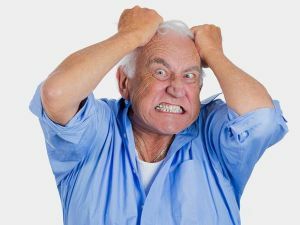 to make a cause-effect relationship and to think logically. This creates fear, panic and fussiness.
to make a cause-effect relationship and to think logically. This creates fear, panic and fussiness.
A man with difficulty sets out his thoughts, and can not write at all because of trembling of his hands. He can perform only the simplest actions and requests, but as the disease worsens, his activity will be reduced to sleep and a meal.
Diagnosis and treatment should be performed by a psychiatrist. In addition to it, a consultation of a neurologist and, probably, an expert in narcology will be required. Currently, there are accurate and rapid methods for diagnosing mental disorders. In order to determine the diagnosis and correctly form a treatment specialist will need to collect anamnesis, namely:
- visual inspection;
- control of heart rate and blood pressure;
- general blood test, urine and biochemical analysis;
- analysis for hormones;
- MRI of the brain.
This will allow the doctor to determine the severity of the disease and state that it is agitation, and not, for example, akathisia, similar in symptoms. Based on the information collected, a treatment plan will be developed and specific drugs selected. Similarly, the specialist will decide whether the patient needs hospitalization.
Treatment and preventive measures
It is important for a doctor to find out the cause of the onset of ajidation, and, based on this, then draw up a therapy regimen, usually the treatment consists of several methods: 
- taking medications to relieve symptoms;
- psychotherapy for social adaptation;
- disposal of alcoholism( if required);
- physiotherapy;
- correction of the diet.
The leading role is played by properly selected medications. The course will include several drug groups:
- Adsorbents ( Polyphepan, Bactistatin) and absorbents ( activated carbon, Polysorb).If the agitation was caused by alcoholism, then the patient first needs to be taken out of this condition, "clean" his body of toxins and the products of their decay.
- Antipsychotics ( Solean, Zeldox).Get rid of paranoid seizures and obsessive thoughts and ideas. Their reception is carried out exclusively within the walls of the hospital, under the supervision of medical staff. Drink on a course of up to 14 days.
- Antidepressants of sedative action ( Lyudomil, Fluoxetine).More "soft" drugs from depression and nervous arousal. Course - 14 days.
- Tranquilizers ( Phenazepam, Diphenhydramine, Lexotan).They are required for the stabilization of the state, for the withdrawal of a person from a drinking state. Apply no more than 5-7 days, as they can be addictive.
- With special care, anti-anxiolytic drugs are prescribed.
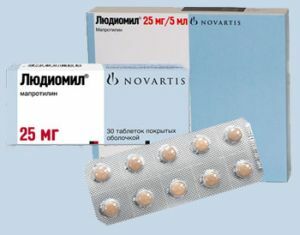 The psychiatrist and the narcologist regularly work with the patient, offering certain behavioral techniques for an optimal way out of the state of depression. The main thing for the patient is to learn how to control their emotions and "bypass" stressful situations. Psychotherapy will increase stress resistance and will allow one to fight against emotional oppression independently.
The psychiatrist and the narcologist regularly work with the patient, offering certain behavioral techniques for an optimal way out of the state of depression. The main thing for the patient is to learn how to control their emotions and "bypass" stressful situations. Psychotherapy will increase stress resistance and will allow one to fight against emotional oppression independently.
To prevent the development of agitation, it is recommended to follow a diet and not to abuse alcoholic products. If you often experience stress or simply do not have a simple life situation - do not neglect the visit to the psychoanalyst.
A specialist can prescribe a suitable sedative that is not addictive, so that it is easier for a person to overcome stressful situations. This will not lead to the appearance of a frightening mental disorder. Agitation can lead to deplorable and irreversible consequences, so when symptoms appear, you should immediately contact a psychiatrist or neurologist.
With timely access to the hospital, the outlook is favorable. Treatment usually takes at least 20 days, which the patient, in most cases, spends in the walls of the hospital.
A comprehensive approach will completely cure a person, but if his initial ailment is alcoholism, the likelihood of a relapse is very high. Self-medication in this case is a reckless and counterproductive venture.

